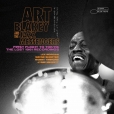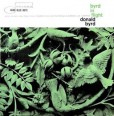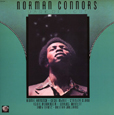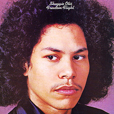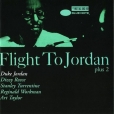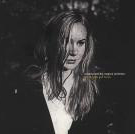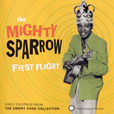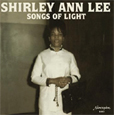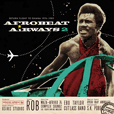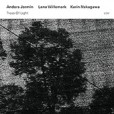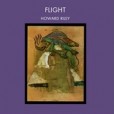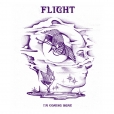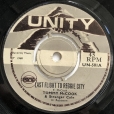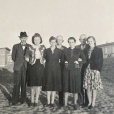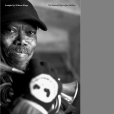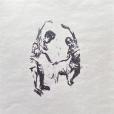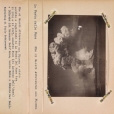Your basket is empty

At Hibiya Public Hall on January 14, 1961, with Lee Morgan, Wayne Shorter, Bobby Timmons, and Jymie Merritt, during the Mesengers’ first-ever tour of Japan.
Jet-propelled, soaring performances of jazz staples including Bird’s Now’s the Time and Monk’s Round About Midnight, and Messenger bangers like Blues March, Dat Dere, and Moanin’.
Elaborate booklets feature rare photos by Japanese photographers Shunji Okura and Hozumi Nakadaira; an essay by Bob Blumenthal; plus new interviews with Wayne Shorter in conversation with Blue Note president Don Was, celebrated saxophonist Lou Donaldson, Japanese jazz star Sadao Watanabe, renowned Japanese music critic Reiko Yukawa, Blakey’s son Takashi Blakey, and a trio of drum greats in Louis Hayes, Billy Hart, and Cindy Blackman Santana. Audio was newly transferred from the original ¼” tape reels, and the vinyl edition was mastered by Bernie Grundman and pressed on 180g vinyl at RTI.
With Stanley Clarke, Cecil McBee, Eddie Henderson, Carlos Garnett, Gary Bartz and Buster Williams.
Her debut, with Jolene — finally on vinyl.
His earliest recordings, for Emory Cook — unflinching social commentary, spun with invincible exuberance and literary panache.
Ghanaian highlife bombs: giants like K. Frimpong, African Brother Nana Ampedu, Gyedu-Blay Ambolley (with The Complex Sounds); unfamiliar names like Los Issufu and his Moslems, Waza Afrika, Funky Afrosibi.
With Barry Guy and Tony Oxley in 1971. Gatefold sleeve.
Sublimely beautiful, emotionally wide-open meditations on a wonky piano, exploring the same spare, enraptured equivocacy — getting lost in order to find or recover something — which you hear in Satie, Mompou, Cage, Duke, Monk, Masabumi Kikuchi…
‘Mashu leaves nowhere to hide, his playing is poised and coolly controlled, focusing on the beauty of simplicity and purity.
‘The lo-fidelity plays a part too, these recordings are clearly diaristic, caught close up, granular and beautifully blown out in places, adding a level of cohesion to a genuinely special suite of music that melts so effortlessly into the everyday.’
Very warmly recommended.
‘A wobbly loop of found sound. Almost inaudible speech from an unidentified documentary. Lapping waves of folk guitar created at the edges of the player’s ability. A haunted melodica. Mumbled vocals that reinvent the singer’s uncertainties as a deliciously glum pose. Layer these up in the recording software of your choice. Labour in a back bedroom overlooking the railway line to summon ghosts.
‘Spirits arrive from West Yorkshire, from Glasgow and Dunedin, from the suburban Midwest. Rising from squats and university accommodation past, from damp rooms filled with old paperbacks, stale hash smoke and abandoned mugs of tea.
‘Even as you listen to this collection of home recordings, made over the last few years by South London duo Jemima, these ghosts crowd around. Born in the Seventies to chase the tape experiments and gentle strumming of the Sixties they crane their necks and edge closer to the laptop. When something this perfect comes along, even the most tranquillised must stir their stumps.
‘It’s lonely music created around a wine bottle with a candle in it, made too late to appear via Xpressway or Cordelia. Don’t imagine though, that it has no home in the now. These spectres remain close because they know they are still wanted. We need them as much as they need us.
‘This spell-binding LP is a window onto a half-lit world on a deeper plane of consciousness.’
